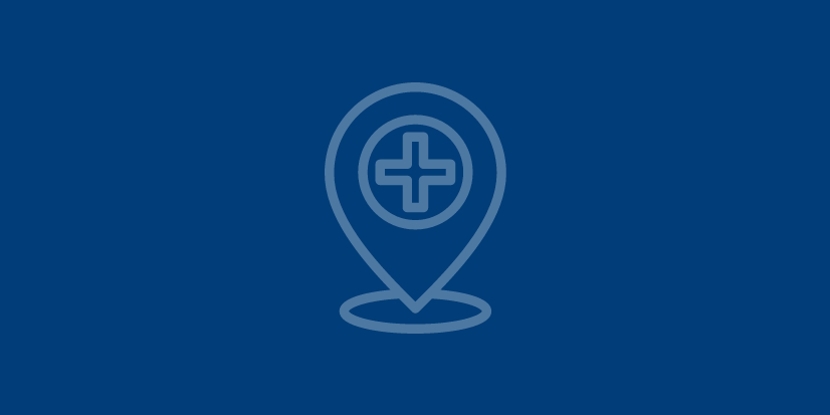Sick Sinus Syndrome
Sick sinus syndrome is the name given to a group of arrhythmias that occur because the normal pacemaker of the heart (the sinus node) does not work properly. Sick sinus syndrome is also called sinus node dysfunction.
What causes it?
Sick sinus syndrome can occur for various reasons. It most commonly results from the effect of age on the sinus node. As we get older, scarring of the sinus node can occur and, in some people, it can be so severe that it causes this syndrome. Many people with sick sinus syndrome eventually need a pacemaker to keep the heart in a regular rhythm.
Symptoms
Most people with sick sinus syndrome have few or no symptoms. Symptoms may be mild or come and go — making them difficult to recognize at first.
Signs and symptoms of sick sinus syndrome may include:
- Fatigue
- Dizziness or lightheadedness
- Fainting or near fainting
- Shortness of breath
- Chest pain or discomfort
- Confusion
- Slower than normal pulse (bradycardia)
- A sensation of rapid, fluttering heartbeats (palpitations)
Risk factors
Sick sinus syndrome can occur at any age, but it's most common in people in their 70s or older. Common heart disease risk factors may increase the risk of sick sinus syndrome:
- High blood pressure
- High cholesterol
- Excess body weight
- Lack of exercise
When to see a doctor
Talk to your doctor if you have any signs or symptoms of sick sinus syndrome. Many medical conditions can cause these problems, and it's important to get a timely and accurate diagnosis.
If you have new or unexplained chest pain or suspect you're having a heart attack, call for emergency medical help immediately.

